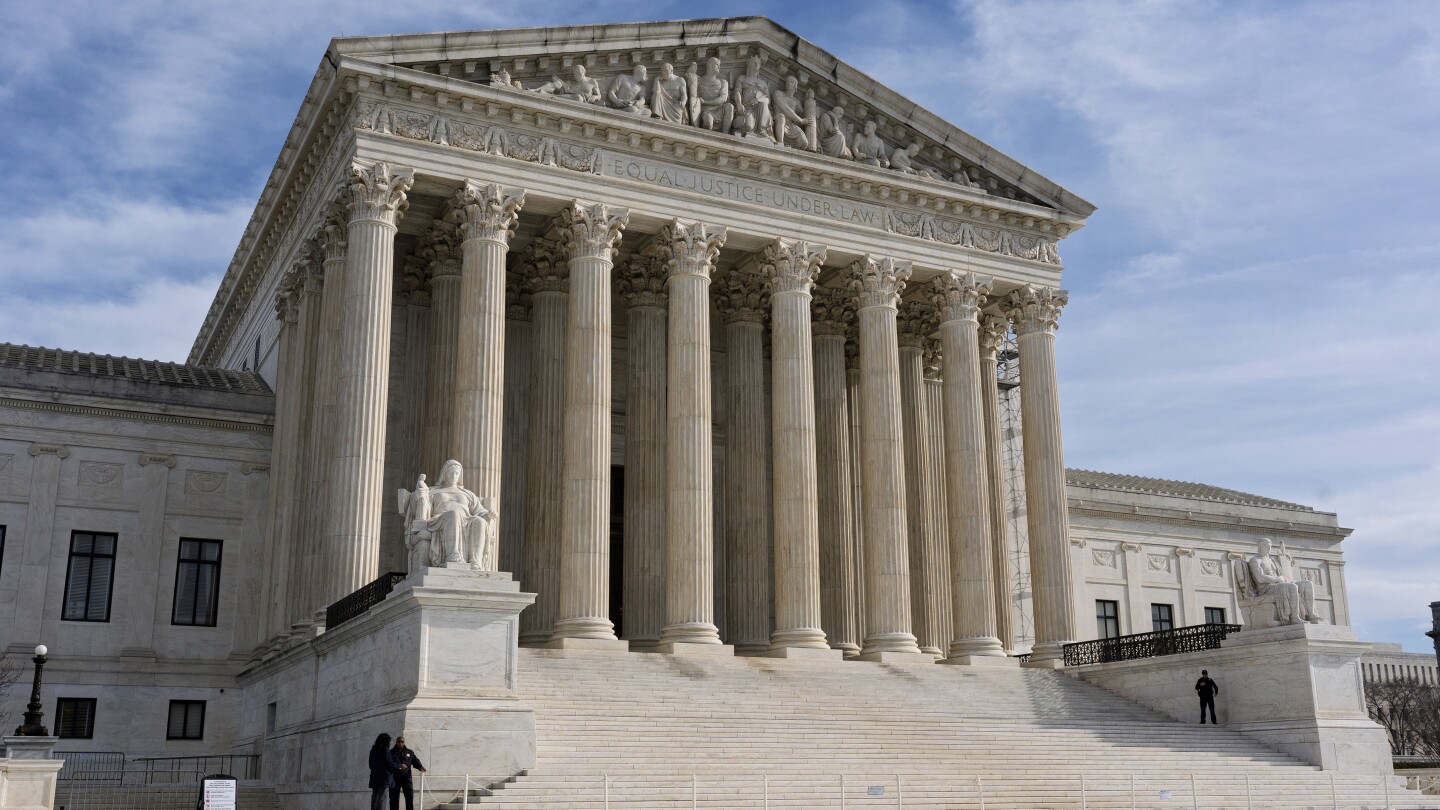The final stretch of the current Supreme Court term has been significantly influenced by a series of emergency appeals connected to the Trump administration’s initiatives. These appeals, aimed at counteracting lower court rulings, were intended to expedite the transformation of the federal government under President Donald Trump. Meanwhile, the justices are tasked with deciding on 21 cases argued from December to May, including those addressing critical issues such as the ban on gender-affirming care for transgender minors.
Among the pivotal cases, one involves Republican-led states pushing to prohibit gender-affirming treatments for transgender youth. This particular case, originating from Tennessee, is being challenged by transgender minors and their parents on the grounds of unconstitutional sex discrimination. During hearings, the Supreme Court’s conservative majority showed skepticism towards claims that the Tennessee law violates the 14th Amendment. The case is part of a broader context of federal and state-level efforts to regulate various aspects of transgender individuals’ lives, including sports participation and bathroom use. Additionally, the Trump administration has taken steps to restrict federal funding for gender-affirming care for those under 19.
Controversy Over Birthright Citizenship
Another significant case involves the Trump administration’s attempt to alter birthright citizenship rules, which has been obstructed by lower courts. The Supreme Court is reviewing whether judges hold the power to issue nationwide injunctions, a tool that has been pivotal in checking the executive orders of both Republican and Democratic administrations. At recent hearings, the justices appeared cautious about lifting the block on the citizenship changes, recognizing the potential consequences of denying citizenship to children born to undocumented immigrants. The administration’s efforts to redefine birthright citizenship have been criticized for undermining a long-standing legal precedent.
Religious Rights and Educational Content
The court is also examining a religious rights case from Maryland, where parents wish to exclude their children from lessons using LGBTQ-themed storybooks. Initially, the Montgomery County school system permitted such exclusions, but later reversed this decision due to the disruption it caused. This case is one of several this term addressing religious discrimination, amidst a wider trend of book bans in public schools and libraries.
Redistricting Disputes in Louisiana
A long-standing battle over congressional district maps in Louisiana is also under scrutiny, with the Supreme Court considering whether to demand new district maps after previous versions were struck down. The dispute centers on the balance between racial considerations and political interests in redistricting. The current map, which created a second Black majority district, is being challenged for allegedly relying too heavily on race in its design.
Online Content Regulation in Texas
The justices are deliberating over a Texas law aimed at preventing minors from accessing online pornography. This law is part of a broader effort across numerous states to impose age verification for online content. However, the measure has been criticized for potentially infringing on adult constitutional rights, as it mandates the submission of personal information that could be at risk of being compromised. While some justices seemed supportive of the law, concerns about its alignment with First Amendment protections remain.






